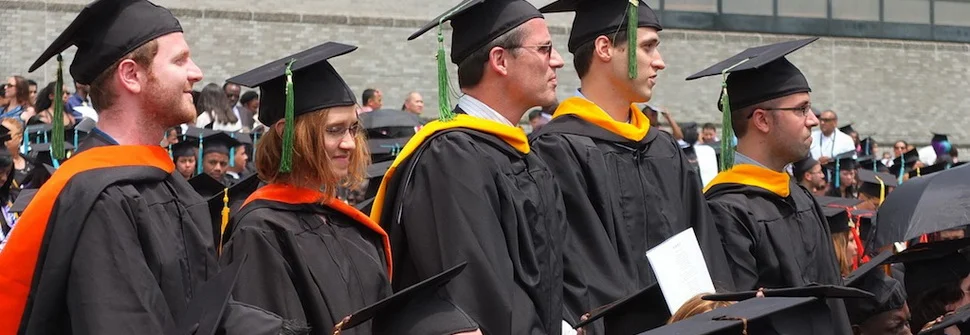Teaching History
City University of New York, Former Director, Interdisciplinary Master of Science Program: Sustainability in the Urban Environment, 2016 to 2021.
City University of New York: Spitzer School of Architecture: 2009 to Present. Professor Emerita, City University of New York, School of Architecture,
Urban Design & Landscape Architecture: 2008 to 2009. Distinguished Visiting Professor Seminar. Seminar and 3rd and 4th Year Architecture Studios
Princeton University School of Architecture: 2002 to 2009, Lecturer, Seminar: Energy and Form and Visiting Critic, Integrated Design Studio.
Columbia University School of Architecture, Planning and Preservation: 1997 to 2008. Adjunct Associate Professor, Sustainable Design Seminar
Bard College, Center for Environmental Policy: 2000 to 2004 Affiliated Faculty.
New Jersey Institute of Technology: Visiting Professor, Advanced Design Studio in Environmental Design: Spring 2004.
Yale University School of Architecture: 1983 to 1985. Visiting Lecturer, Core Curriculum, History & Theory Seminar.
Parsons School of Design: Adjunct Professor, 1980 to 1983: Studio Coordinator Third Year Design Program:
Courses CCNY Master of Science: Sustainability in the Urban Environment & Spitzer School of Architecture/Grove School of Engineering/Division of Science (link: http://www.ccny.cuny.edu/sustainability/)
SUS 7100CCities and Sustainability
This course will set out several frameworks for approaching sustainability, explore foundational principles, and examine tools and metrics for measuring social, economic and environmental progress. The course will examine positive roles cities can play in safeguarding the resiliency of natural systems. It will look at policies and practices played out through both traditional and alternative forms of governance - processes based on greater inclusion and participation across the various urban sectors. Through case studies, individual and team assignments, students will become familiar with the dimensions of more ecologically sound decision-making.
SUS 7400A Integrated Infrastructure
Through a case-studies approach examining innovative multi-purpose, complex interdisciplinary projects, this course postulates a framework for the next generation of small and large scale urban public works, namely infrastructure systems. These “multiplex” projects will serve multiple functions, align with, and leverage the workings of natural systems. They must perform in a carbon-constrained world and be resilient in the face of climate uncertainties. And ultimately, as ‘distributed’ or de-centralized public utilities/facilities, they must be beneficially embedded in, and connected to communities.
What kinds of pan-disciplinary collaboration will be required among architects, landscape architect and engineers and their clients to put in place the needed next generation of public works? How does ecological or “whole systems design,” which builds on interconnections and dependencies among diverse systems, help achieve synergistic solutions that solve multiple problems – both within and external to the project boundary?
Advanced Design Studio ARCH 61500
This studio examined opportunities to develop a next-generation organic waste recovery facility along with integrated community benefits along Spring Creek on NYC’s Jamaica Bay. Student solutions examined the so called “Food/Energy/Water Nexus in an effort to optimize the use of a large portion of NYC’s waste stream.
https://issuu.com/hillabrown/docs/case_study_26th_ward_jamaica_bay
